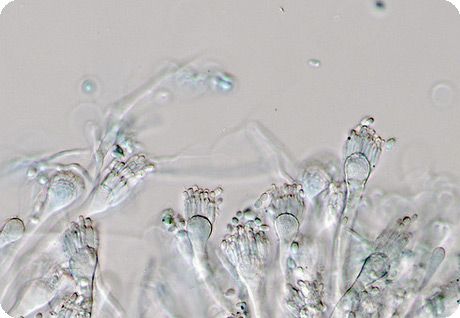Medical expert of the article
New publications
Baker's yeast vaccine is effective against fungal diseases
Last reviewed: 30.06.2025

All iLive content is medically reviewed or fact checked to ensure as much factual accuracy as possible.
We have strict sourcing guidelines and only link to reputable media sites, academic research institutions and, whenever possible, medically peer reviewed studies. Note that the numbers in parentheses ([1], [2], etc.) are clickable links to these studies.
If you feel that any of our content is inaccurate, out-of-date, or otherwise questionable, please select it and press Ctrl + Enter.
The baker's yeast vaccine is effective against a range of fungal infectious diseases, including aspergillosis and coccidioidomycosis.
Aspergillus fungi, which form, for example, black mold on the walls in a damp room, in some cases can cause a severe fungal disease - aspergillosis. It usually develops in people with a weakened immune system, penetrating the body through the mouth and affecting the lungs. However, the matter is not limited to the lungs, the fungus can send its spores to the kidneys, liver and brain. If aspergillosis gains strength, this most often means a fatal outcome; there is no more or less effective therapy against it.
Scientists from the California Institute of Medical Research, together with colleagues from Stanford (both in the USA), have come across an amazing method of vaccination against aspergillosis, which they report in their article in the Journal of Medical Microbiology. It turned out that if mice were injected with killed cells of common baker's yeast, the animals were able to survive an extensive aspergillosis infection, and the degree of infection of their internal organs by the harmful fungus was reduced.
Along with normal yeast, the scientists also injected mice with modified yeast cells that carried Aspergillus surface proteins. But no difference in effectiveness was observed compared to normal yeast, leading the researchers to conclude that the “vaccine’s power” lies in some component of the yeast cell wall.

Moreover, the yeast preparation has shown excellent results in combating three more fungal pathogens that cause candidiasis, cryptococcosis, and coccidioidomycosis. Perhaps baker's yeast will be able to protect people for whom fungal infections pose a real danger (let's remember at least cancer patients with weakened immunity).

